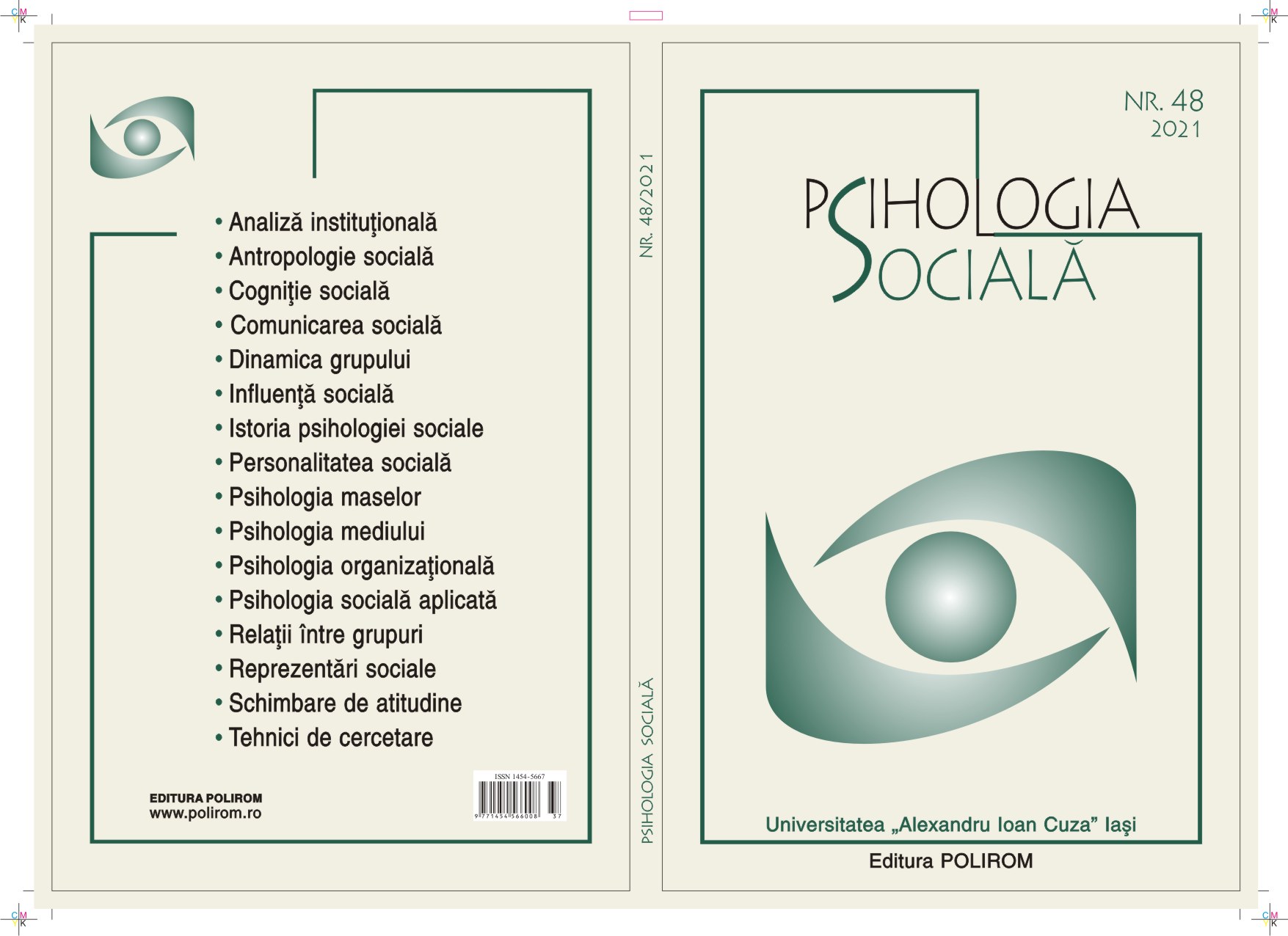Creative Synthesizers: An Epistolary Conversation Inspired by A Synthesizing Mind: A Memoir from the Creator of Multiple Intelligences Theory by Howard Gardner. Cătălin Mamali’s dialogue with Howard Gardner
Creative Synthesizers: An Epistolary Conversation Inspired by A Synthesizing Mind: A Memoir from the Creator of Multiple Intelligences Theory by Howard Gardner. Cătălin Mamali’s dialogue with Howard Gardner
Author(s): Cătălin Mamali, Howard GardnerSubject(s): Psychology, Philosophy of Mind
Published by: EDITURA POLIROM S.A.
Keywords: synthesizing mind; multiple intelligences; synthesizing continuum; motivation;
Summary/Abstract: The review of the landmark book "A Synthesizing mind. A memoir from the creator of multiple intelligences theory" by Howard Gardner has a conversational form. This nonconventional character of the review became possible due to the intellectual generosity of Howard Gardner. The rapid growth of scientific data, of theoretical constructs, and areas of investigation in psychology and many related fields turned the creative syntheses from epistemic luxuries into necessary frames for a comprehensive understanding and advancing the research beyond the existing horizons. Gardner’s work provides an original approach to this question by exploring the features of the creative synthesizing mind that is rooted in his personal crucial achievements and has, at the same time, a universal meaning. Within the framework of Gardner’s conceptualization, a synthesizing mind goes far beyond the summarization task, which is necessary, but not sufficient. It includes the creative ability to generate original synthesizing ideas and theoretical frameworks. This implies a continuum of synthesis, going from conventional synthesis to original synthesis. The formation of synthesizing minds needs symbiotic relations with original thinkers as those with whom Gardner had close and fruitful interactions. At the same time, it needs the ability of generating synthesizing questions, strong and qualitative motivation, creative resources to find ways to approach the issues in an empirical way (which includes experimental methods and many other scientific methods) and the mental capacities for solving epistemic, educational and even market (ideas are also commodities) puzzles. The review reminds the reader of some of the major features and developmental stages of the paradigmatic Theory of Multiple Intelligences created by Howard Gardner. The conceptual pluralization designed by Gardner proved to have a huge integrative power and reshaped the research and practical field of intelligence, a field that became that of intelligences. As it happens in any dialogue, inclusively an epistolary one, this conversational review (Part I and Part II) touches also additional and unexpected questions related to the becoming of synthesizing minds – questions that emerged spontaneously. For instance, questions regarding the cultural values and intellectual climate that can enhance or hinder the creative synthesizing minds. I think that reading, studying and debating the groundbreaking book A Synthesizing mind. A memoir from the creator of multiple intelligences theory that offers an innovative answer to the problems generated by the rapid and complex development of scientific knowledge will stimulate the synthesizing potential across fields, ages, and cultural boundaries.
Journal: Psihologia socială
- Issue Year: 2021
- Issue No: 48
- Page Range: 113-125
- Page Count: 13
- Language: English
- Content File-PDF

